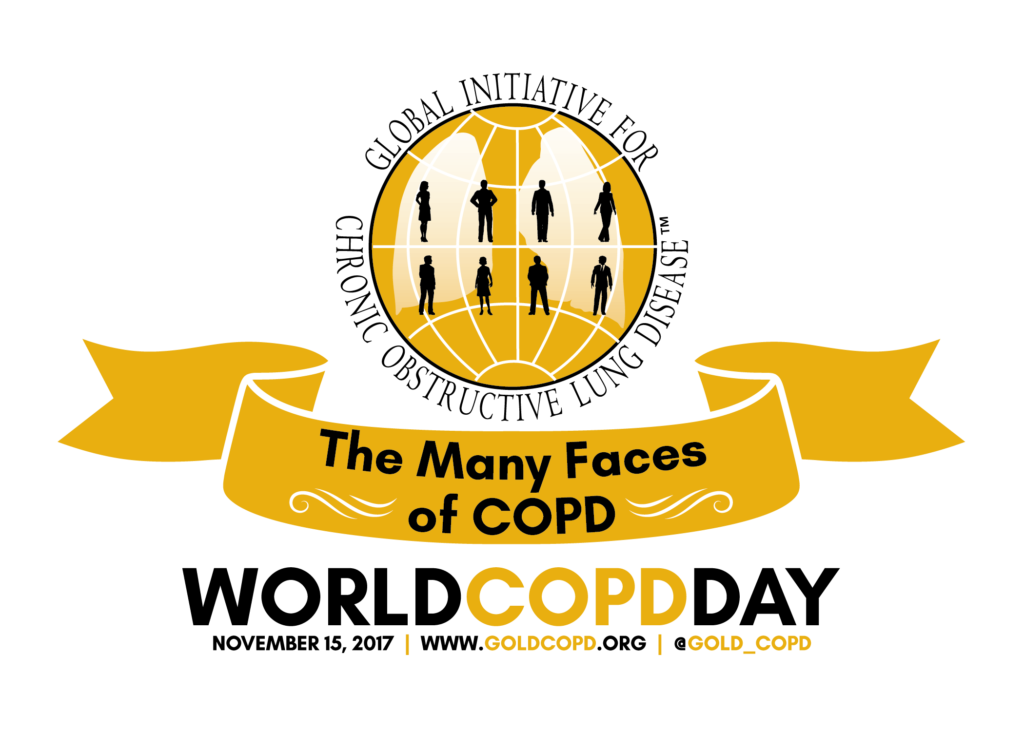Chronic obstructive pulmonary disease (COPD) is a potentially serious and often under-diagnosed respiratory disease caused by smoking and air pollution. It affects women more quickly and more severely than men, warn lung disease specialists ahead of World COPD Day, November 15.

Although generally little-known to the public, chronic obstructive pulmonary disease (COPD) was the fourth biggest global cause of death in 2015, according to the World Health Organization (WHO), behind ischemic heart disease (nine million people), stroke (six million) and lower respiratory infections (just over 3.2 million).
The WHO points out that while in the past, men were more frequently diagnosed with COPD, women are now affected to essentially the same degree. Smoking between five and 10 cigarettes per day is a risk factor for COPD in women, as well as exposure to certain household products, according to recent research.
Warning signs include a chronic cough, coughing up mucus and shortness of breath, especially during physical activity. They appear progressively—sometimes without the patient really noticing—and get worse over time, especially when resting.
Read more at http://www.themalaymailonline.com/features/article/why-women-should-watch-out-for-copd#gXIEGxCmRQgR6gjX.99

Although generally little-known to the public, chronic obstructive pulmonary disease (COPD) was the fourth biggest global cause of death in 2015, according to the World Health Organization (WHO), behind ischemic heart disease (nine million people), stroke (six million) and lower respiratory infections (just over 3.2 million).
The WHO points out that while in the past, men were more frequently diagnosed with COPD, women are now affected to essentially the same degree. Smoking between five and 10 cigarettes per day is a risk factor for COPD in women, as well as exposure to certain household products, according to recent research.
Warning signs include a chronic cough, coughing up mucus and shortness of breath, especially during physical activity. They appear progressively—sometimes without the patient really noticing—and get worse over time, especially when resting.
Read more at http://www.themalaymailonline.com/features/article/why-women-should-watch-out-for-copd#gXIEGxCmRQgR6gjX.99
references: Read more at http://www.themalaymailonline.com/features/article/why-women-should-watch-out-for-copd#gXIEGxCmRQgR6gjX.99




